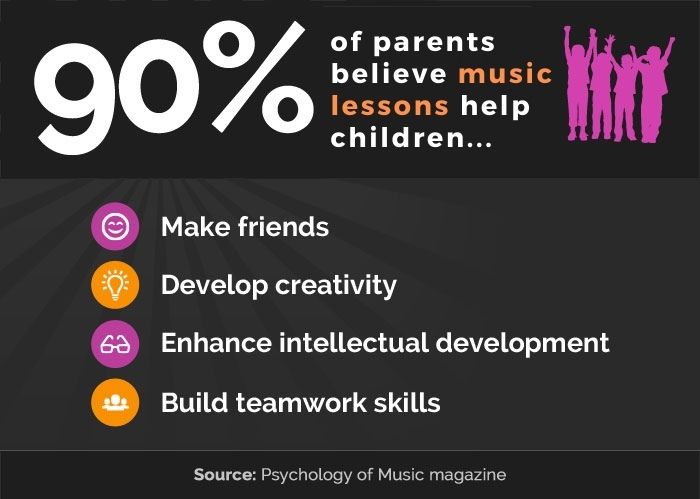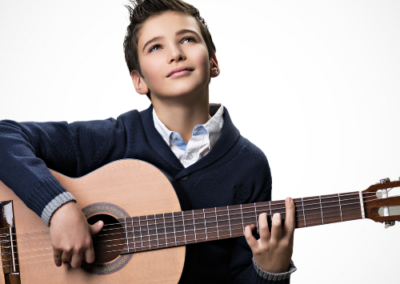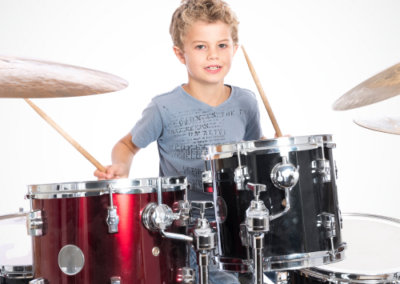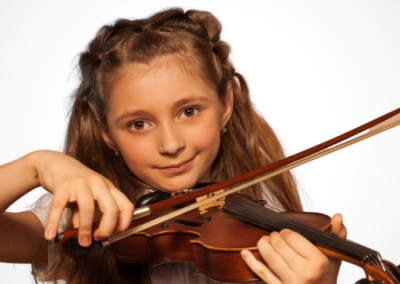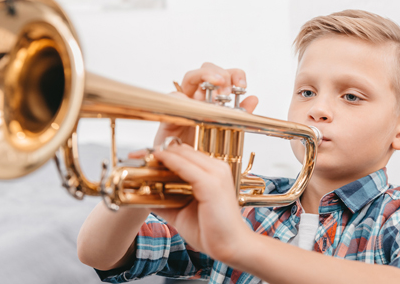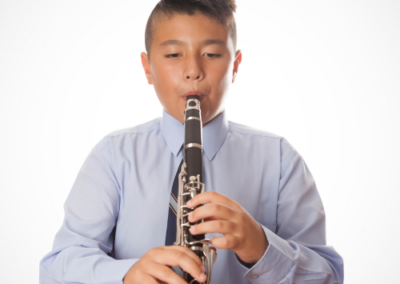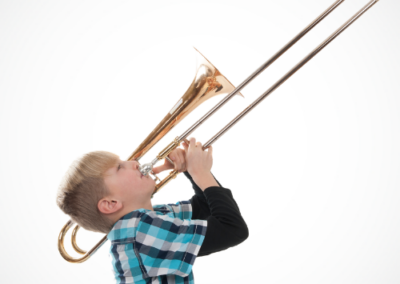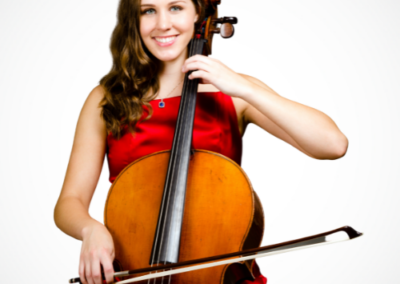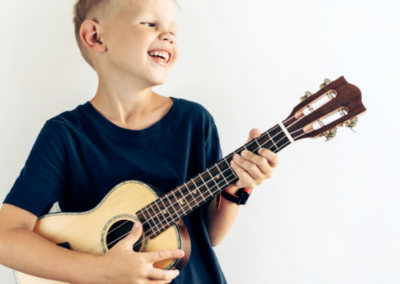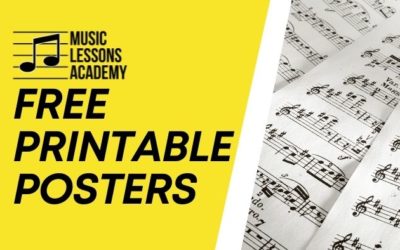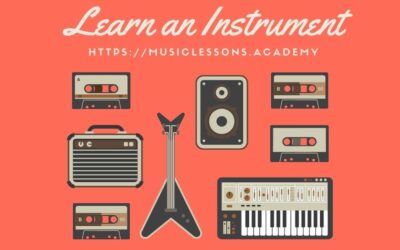SINGING LESSONS IN THE CONVENIENCE OF YOUR OWN HOME
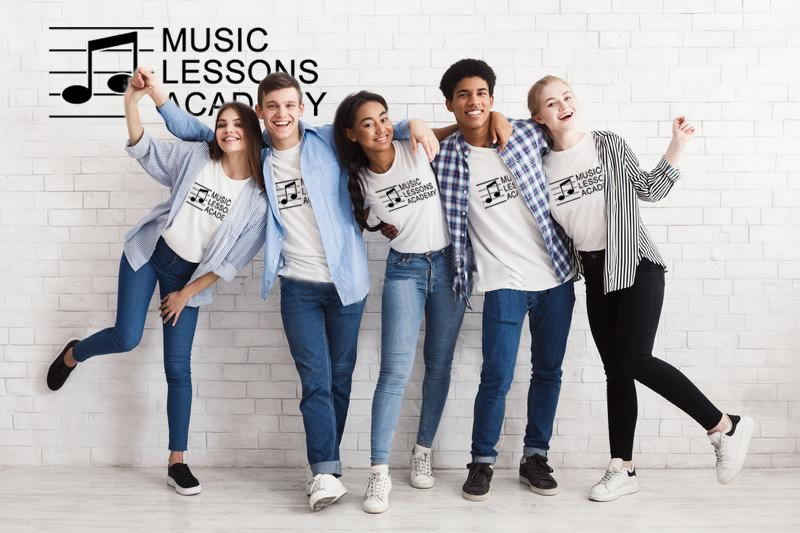
We are a network of young & enthusiastic University Students providing the very best in private 1 on 1 voice lessons in your home – in your local area.
WE OFFER YOU IN PERSON HOME VOCAL & SINGING LESSONS FOR STUDENTS OF ALL AGES & LEVELS
If you are looking for an eager, professional & reliable local voice coach to come to your home – one of us will be available, & will be able to provide you a very affordable lesson rate.
What People Are Saying
I highly recommend Music Lessons Academy for ALL types of singers! I had previously taken singing lessons in high school but now I’m more serious about my voice and learning the skills to correctly use it for singing!
My daughter takes voice lessons from Isabel and piano with Jesica. We could not be more happy. She is 10 years old and a total beginner…. they are all so flexible and easy to work with.
Featured Vocal Coach
Here are just a few of our talented singing teachers ready to to come to your home to teach singing and vocal coaching
I am currently studying Science at Macquarie University. I am passionate about helping students find joy and excitement in learning to Sing and helping to find and develop their own musical style.
Currently studying Education at RMIT University. I am excited to share my passion for singing with my students and to encourage them to appreciate the joy of learning music. I had a fantastic singing teacher when I was younger and it would be so amazing to pass my knowledge on to future singers.
Currently studying Arts at the University of Queensland. I love being able to give students the opportunity to find a passion for music. I believe singing and learning music theory is an invaluable skill, so it’s a joy to share the learning experience with my students.
Studying Music at UWA. I love seeing the students enjoy the process of learning, and finally being able to master a concept or piece. Each student is unique with their own strengths and goals and I love being their teacher to help them improve each lesson.
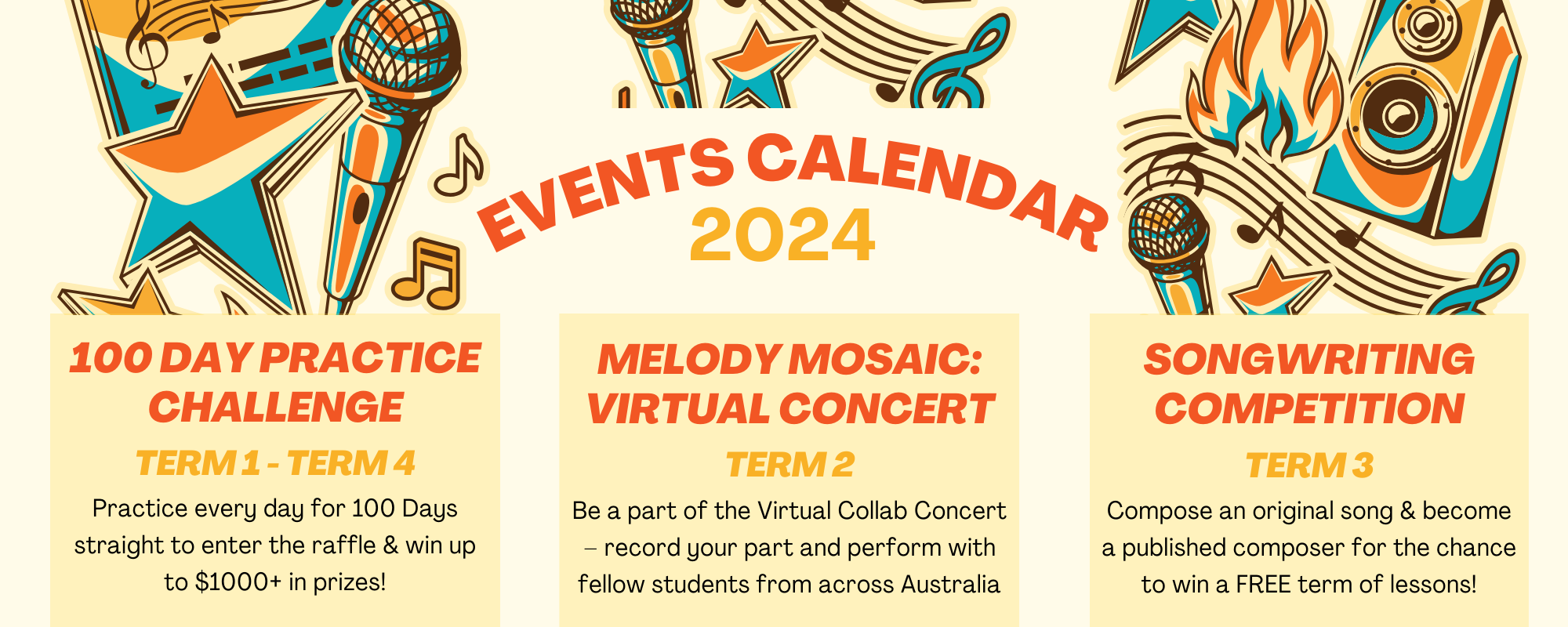

EMAIL: musiclessons@customersupport.care
PHONE: 1300 065 228
CALL BACK FORM
one of the friendly team organisers will contact you soon

Frequently Asked Questions
LEARNING TO SING
Why take singing lessons?
Some of the best music ever written has been written for the human voice. From ancient chants, to Mozart’s operas, great Musicals to Jazz and your favourite pop artist.
The human voice might have the greatest emotional potential of any other instrument because of the double impact of music plus the power of words.
Voice students often find studying voice a very rewarding process, often with a variety of unexpected benefits, such as improved self confidence, body awareness, the therapeutic effects of learning to breath properly, and the thrill of singing with others or with instrumental ensembles.
When Should my Child Start Voice Lessons?
Voice instruction for kids has been a tradition for centuries. While repertoire needs to be carefully selected by the instructor to avoid strain, gentle training with appropriate music is safe.
We often begin a mixture of basic piano, rhythm and singing as early as age four.
How Long Does it Take to Learn to Sing?
Results are often noticeable in a very months. The variables include the students interest level, and the consistency of practice. Also, how closely the student follows the suggestions for practice.
Many students find that recording themselves, listening to great singers as reference, and frequently participating in performance opportunities help to speed up progress.
Students that set clear goals for themselves often find improved progress.
Can a terrible singer become good?
Is singing a skill or a gift?
Can I learn to sing if I have no talent?
Can you learn to sing or is it a natural talent?
Am I too old to take singing Lessons?
This is a question we frequently get from adult students. While you might not become the next Pavarotti, you might be surprised to see how far you can go.
Many of our adult students are middle aged, and even older. There is no physiological reason an older adult cannot learn to sing, or improve his or her voice.
In fact, adults sometimes are better able to understand helpful analogies and abstract ideas that are useful to training.
LESSONS
How long of a lesson should I take?
For children 5 to 9 years old, a 45 minute musical lesson is sufficient. For studnets 9+ years and students who have specific musical goals such as playing in orchestra, a full 1 hour lesson is a better investment. For any advanced players a 1 hour lesson is highly recommended.
Do I need my own instrument?
Can we split a 60 minute lesson into two lessons?
If you have two students wanting to learn, we are able to divide a 60 minute lesson into two 30 minute lessons.
What happens if I leave for 2 months and come back?
If you are leaving for 30 days or longer, you have the option of holding your time and teacher for when you return by paying your normal monthly tuition.You may also withdraw completely and re- register when you return, however your time and teacher may not be available.
Do you accept the government’s Creative Kids Voucher?
Currently we are only accepting Creative Kids Voucher in NSW. We hope to accept the government voucher in other states soon.
Do I need to travel anywhere for my lessons?
We will come to your home, meaning you don’t have to fight traffic to get to after school lessons.
How can we access the MyMusicStaff student portal?
You can visit https://app.mymusicstaff.com/ to log into the student portal. Email us at musiclessons@customersupport.care to get your login details.
CHILD LESSONS
Is my child too young to start music lessons?
How old should my child be to begin music lessons?
Children as young as five can begin learning their instrument and basic music theory.
We are very experienced in tutoring young children who are complete beginners, and have all the patience and personality needed to engage your child and give them best start in their musical journey.
Is a 45 minute lesson too long for my child?
In our 45 minute lessons, we are able to cover music theory, technical skills alongside the songs we teach. These important aspects of musical education are often skipped over in 30 minute lessons.
How do I know my child is progressing ?
To keep our students learning and progressing, we use the Musical Ladder system. Every 3 months our students take a test with their teacher to make sure they are absorbing the material in the lessons and making progress. Our students love this system as they get to earn cool colourful wristbands and certificates as well as trophies for their achievements! Our teachers also will take the time to conference
What happens if I ( my child ) gets sick and can’t make a lesson one day?
We have group make up classes on the weekend, that are age and level appropriate. You can sign up online for as many as you would like and the make up never expires, meaning you can take the make up class a week or 2 months later.
TEACHERS
What are your teachers qualifications?
We are highly experienced in teaching students of all ages and skill levels, and have completed the relevant exams that allow us to teach. All teachers have undertaken a government certified “Working with children” police check.
BOOKING A LESSON
How does booking lessons work?
We offer weekly lessons, scheduled at the same time each week, with your teacher. Our lessons run throughout the school terms.
How frequently do I need to pay for lessons?
Students have the option of paying per month or term. Invoices are sent to students on a termly basis, so please let us know if you prefer monthly billing.
How does the payment work?
We ask all students to pay via direct debit or credit card. Our teachers will not accept cash. Lessons are prepaid to guarantee your placement.
Why Should You Take Singing Lessons?
Voice Lessons For Kids
Vocal training may start around four or five. Our focus is to help them sing the songs they love in a healthy range that will not strain their voice, and gently integrate fundamentals of good vocal technique.
Voice Lessons for Adults
Adult voice lessons tend to focus more on mastery of the technique and physiology. We work with many beginning adult vocal students who find lessons open their confidence.
So you want to start singing? Great! You might be so excited you can’t wait for singing lessons and the hope to improve your voice.
If you are like most people, you may also be filled with a little trepidation or even outright anxiety. Here are 5 pieces of advice to help make starting singing lessons a great time and boost your confidence so you can have fun on your journey to improve your voice.
Your teacher is not a judge on Australian Idol.
Remember that when you walk into your first singing lesson and first learn how to start singing, it is their job to teach you and support you, not your job to impress them with your world-class quality singing.
Relax, do some breathing exercises, and enjoy learning how to sing from someone who has dedicated their life to singing. They will appreciate you acknowledging their expertise, and you will be relieved from the pressure to do a performance just yet.
Mistakes are not mistakes, they are part of the learning process. Imagine that instead of learning to sing, you were learning to play guitar or piano.
Would you cringe and crumble every time you plucked the wrong note or played the wrong key? Probably not.
Guitar and piano players understand that the best way to learn is to experiment with their instruments. The same goes for singing! Learn to love your mistakes – they will make you a better singer.
It is a great idea to warm up before you just start singing. Vocal coaches exercises and breathing exercises help you warm up so that you can hit that high note and sound fantastic.
Beginners should do this before every lesson to make that song sound even better during the singing lesson.
One of the most common complaints I hear from students is, “I want to sound like Beyonce… Kelly Clarkson… Ed Sheeran…” The truth is, you will probably never sound like the famous person you always wanted to sound like.
This is because each person is born with their own unique voice instrument, and there is no changing that, plus all the hours upon hours these famous musicians have worked for.
You wouldn’t yell at a ukulele because it doesn’t sound like a Fender Strat. Go into your first lesson excited to discover your own unique sound range, and I guarantee you will be pleasantly surprised by your singing and how quickly the teachers teaching helps your vocal techniques.
Your singing teacher or vocal coach in school may ask you to perform one day either solo or as part of a group but with your vocal training, you will have the self-confidence to be able to show all of your developed skills on stage in a musical performance.
Music Lessons Academy Australia provides personal in-home (or online lessons in times such as lockdown) private singing lessons with developed supportive teachers who provide high-quality voice lessons to people of all ages, children or adults who are looking to develop into great singers out there.
Our singing teachers are very supportive to beginners and children and work very hard to create a positive environment as they go through the stages of development for your vocal training teaching different techniques and skills.
Why Take Voice Lessons With Us?
Great Instructors “a great school is just an amazing group of teachers.”
In our hiring process, we filter hundreds of prospective instructors in search of the qualities that make a great instructor. There are four qualities we are looking for. The first is a strong, positive personality. This is just essential to keeping you excited about music, and engaged during lessons. Secondly, we look for the instructor’s ability to create intelligent, achievable goals customized to your needs. Great teachers will help you learn the techniques and skill you need, but do it though the music you love. Thirdly, a great instructor is intuitive. They have the sensitivity to know if what they are teaching you is being understood, and if their delivery is effective,
Learning How To Breath
Taking a proper breath is one of the fundamentals of good singing. Simply put, it’s a breath that expands not just the upper lungs, but the lower lungs as well. In lessons there is on controlling the lower diaphragm which enables this expansion. A great breath also involves being upright posture, with an open chest, and a relaxed jaw. The throat should expand as well, and lips and tongue should take on the position of the intended vowell. A good singer’s breath will resemble the kind of expansion that a yawn will naturally produce.
Once taking in the breath is learned, students will next focus on exhaling. A great vocal technique involves controlling the speed and direction of the air. This is why great singers are able to sustain long notes for such an impressive amount of time. One great exercise is to lie on the floor and place a book on your stomach. Inhale deeply. As you begin to exhale, make a hissing sound and try to keep the book from dropping for as long as possible.
Vocal Warm Ups
Just like any athlete, the muscles required for singing need to be gently warmed up.
It is best to start in the most comfortable part of the vocal range, and expand as it becomes easier. The “A” vowel is commonly used for warm ups because it required a relatively open and relaxed position for the jaw and lips. Start by singing three notes up and then down again. the goal is to connect the notes with the breath. The sound should be a smooth legato, (connected sound), and the feeling in the body should be open posture lungs and throat, without closing down as you move from one note to the next. As the range of the exercises increases, there is an emphasis on how shaping vowels in brighter and darker ways, and speeding up and slowing down airflow, can help to navigate the more challenging heights of the vocal range.
Warm ups are very valuable because they help the prospective singer focus simply on sound production, without getting caught up in the details of lyrics and musical interpretation.

CALL BACK FORM
one of the friendly team organisers will contact you soon
Can You Teach Yourself To Sing
Can You Teach Yourself To Sing?So, can you teach yourself to sing? Absolutely! Is it difficult learning how to sing by yourself? It can be, but like all good things, the more you do it the easier it becomes! Can I learn to sing if I have no talent? First, stop that....
Can I Learn To Sing in 30 Days?
Can I Learn To Sing in 30 Days?Your voice has the potential to be an amazing instrument. You don’t need to pack it in a bag, load it in a van, or worry about it falling offstage. But people ask "can I learn to sing in 30 days?". The greatest instrument in the world is...
What Is The Best Way To Learn Singing?
What Is The Best Way To Learn Singing?People always want to know what is the best way to learn singing and how to sing in tune. The answer is you need to find the singing style that is right for you. To find the right singing style that suits your unique voice is like...
Top 4 Reasons to Learn A Musical Instrument From A Young Age
Top 4 Reasons to Learn a Musical Instrument From a Young AgeThere are countless benefits to learning music from a young age that extend beyond encouraging creative thinking. Research has shown that gaining a musical understanding early in a child’s life can assist in...
How to Start Singing: What to Know Before You Begin Singing Lessons
How to Start Singing: What to Know Before You Begin Singing LessonsSo you want to start singing? Great! You might be so excited you can’t wait for singing lessons and the hope to improve your voice. If you are like most people, you may also be filled with a little...
5 Reasons Online Music Lessons Are Beneficial
5 Reasons Online Music Lessons Are BeneficialHas COVID-19 canceled your in-person music classes? Don’t put your music on hold! Online music lessons are becoming more popular and allow you to practice your music theory and continue to grow from home. Today’s technology...
Music Theory Free Download Posters
FREE PRINTABLE MUSIC THEORY GUIDES01 Use our mnemonic guide to assist students in reading the notes in the Treble and Bass clefs.02 This poster is to help students identify key signatures, relativity between Major & Minor key signatures, and the order of sharps...
Overcoming Stage Fright
Overcoming Stage FrightIt is an exciting time for all members of our Music Lessons Academy community – our upcoming recitals are a fantastic opportunity for our students to showcase their talents. However, some students may be feeling anxious about their performance....
Learn an Instrument
Learn An InstrumentHow can I support my child to learn musical instruments Having your child learn to play a musical instrument is really exciting for you both. As a parent you will want to do all you can to aid your child’s musical development and a key part of this...
What Can Music Classes Do For Us?
What Can Music Classes Do For You?Physical Development Music's effects on the development of children is well documented in family, medical, and educational research. But in real life, how do these effects look? Lets peek at some of the specific aspects of child...
Why Enroll At Music Lessons USA
Why Enroll At Music Lessons AustraliaAre you looking to enroll in a music academy to fulfill your dreams, have different classes, and learn to play musical instruments on your own? Are you dreaming of taking up drum lessons to play for your cheering squad or be...
